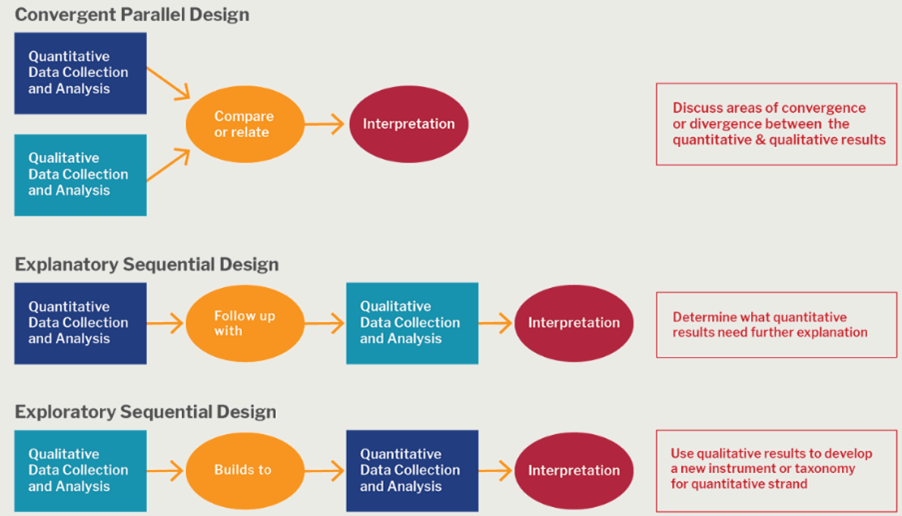10 Proven Strategies to Boost Your Scopus Citations in 2025 (Evidence-Based Guide)
April 24, 2025Last updated on May 25th, 2025 at 09:49 am
What is Academic Research at the University?
Academic research at a university involves a systematic investigation to discover new knowledge, validate existing theories, or solve real-world problems. It’s a cornerstone of higher education, fostering critical thinking and innovation. Dr. Emily Carter, a professor at Stanford University, explains, “Academic research teaches students to ask meaningful questions and seek evidence-based answers—a skill that transcends academia.”
Why It Matters:
-
Enhances analytical and problem-solving skills.
-
Contributes to societal progress (e.g., climate change studies).
-
Builds credibility for future careers or advanced degrees.
Step 1: Choosing a Research Topic
Personal Experience: As an undergraduate, I struggled to narrow down my interest in psychology. My breakthrough came after discussing current trends with a professor, leading me to focus on “The Impact of Social Media on Adolescent Mental Health.”
Tips:
-
Align with your passion and program requirements.
-
Explore university databases for trending topics.
-
Example: A biology student might investigate “Antibiotic Resistance in Urban Water Systems.”
Step 2: Formulating a Research Question
A strong research question is specific and measurable. Start broad, then refine:
-
Broad: “How does diet affect health?”
-
Narrowed: *“Does a plant-based diet reduce cardiovascular risks in adults over 50?”*
Expert Insight: Dr. Raj Patel, a public health researcher, advises, “A well-crafted question guides your methodology and keeps your study focused.”
Step 3: Conducting a Literature Review
A literature review identifies gaps in existing knowledge. Use tools like Google Scholar, JSTOR, or your university library.
Pro Tip: Organize findings with citation managers like Zotero.
Source: A 2022 study in the Journal of Academic Research highlights that 70% of students improve their hypotheses after thorough literature reviews.
Step 4: Designing Your Methodology
Choose between quantitative (numerical data) and qualitative (descriptive insights) methods.
| Aspect | Quantitative | Qualitative |
|---|---|---|
| Data Type | Numbers, statistics | Themes, narratives |
| Methods | Surveys, experiments | Interviews, case studies |
| Analysis | Statistical software | Coding/thematic analysis |
Expert Quote: “Match your methodology to your question—don’t force-fit tools,” says Dr. Lena Kim, data scientist.
Step 5: Collecting and Analyzing Data
Challenges & Solutions:
-
Low survey response? Offer incentives or collaborate with student groups.
-
Example: A sociology student used campus workshops to recruit participants for her study on study habits.
Tools: SPSS for statistics; NVivo for qualitative analysis.
H2: Step 6: Writing and Presenting Findings
Structure Your Paper:
-
Introduction → 2. Literature Review → 3. Methodology → 4. Results → 5. Discussion → 6. Conclusion.
Personal Tip: Present preliminary findings at department seminars for feedback.
Common Challenges in Academic Research
-
Time Management: Break tasks into weekly goals.
-
Resource Limits: Use open-access journals or request university grants.
-
Unclear Results: Negative findings still contribute—document them transparently.
FAQs About Academic Research at the University
Q1: How long does a research project take?
A: Varies—3 months for a term paper; 1+ years for theses.
Q2: What if my hypothesis is wrong?
A: It’s a learning opportunity! Discuss limitations in your paper.
Q3: Can I collaborate with peers?
A: Yes! Team projects often yield richer insights.
Conclusion and Next Steps
Starting academic research is challenging but rewarding. Begin small, seek mentorship, and embrace the iterative process. Ready to dive in? Share your research topic idea in the comments below!
References:
-
Smith, J. (2021). Research Methods for Students. Oxford Press.
-
Journal of Academic Research (2022). “Trends in Student-Led Studies.”
-
Carter, E. (2020). “Building Research Skills in Undergraduates.” Higher Education Quarterly.


